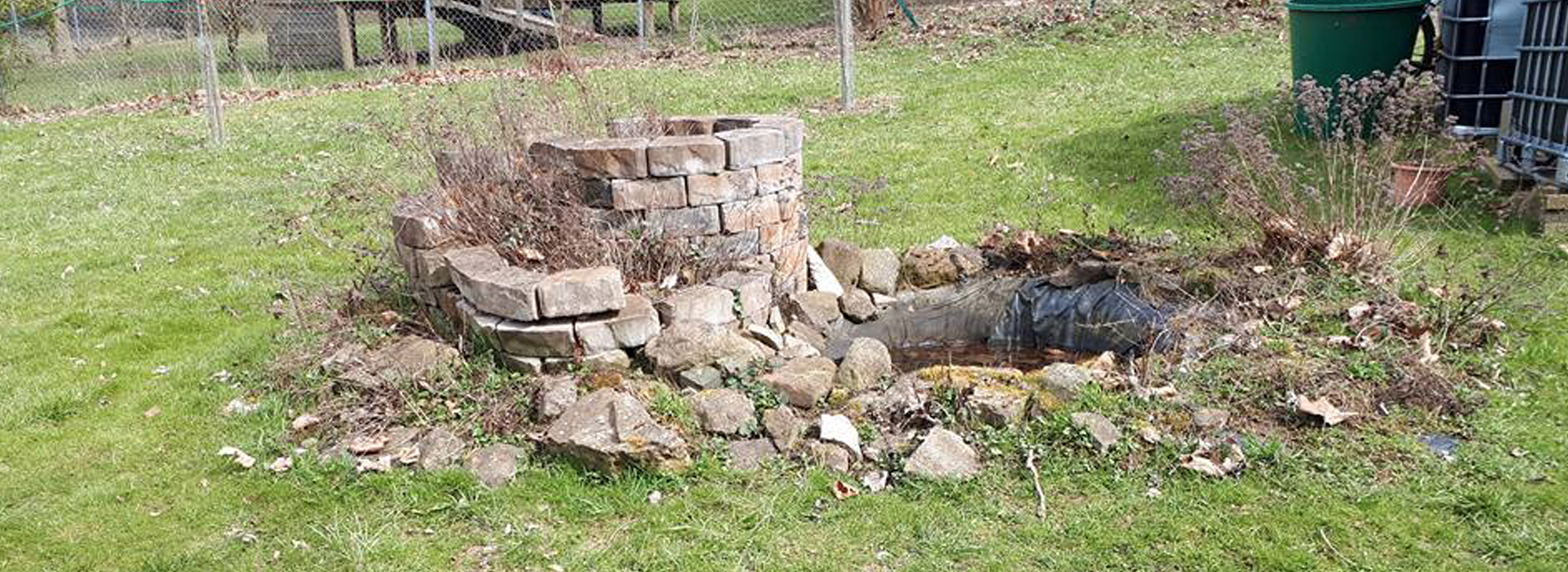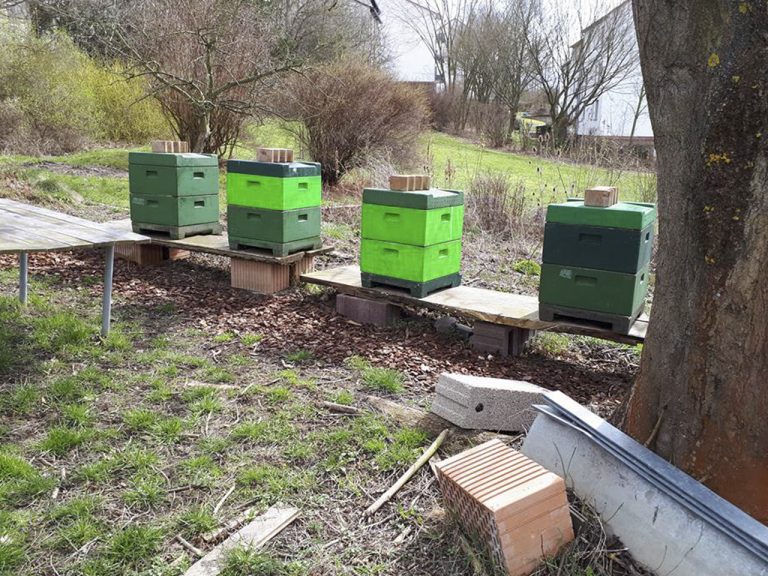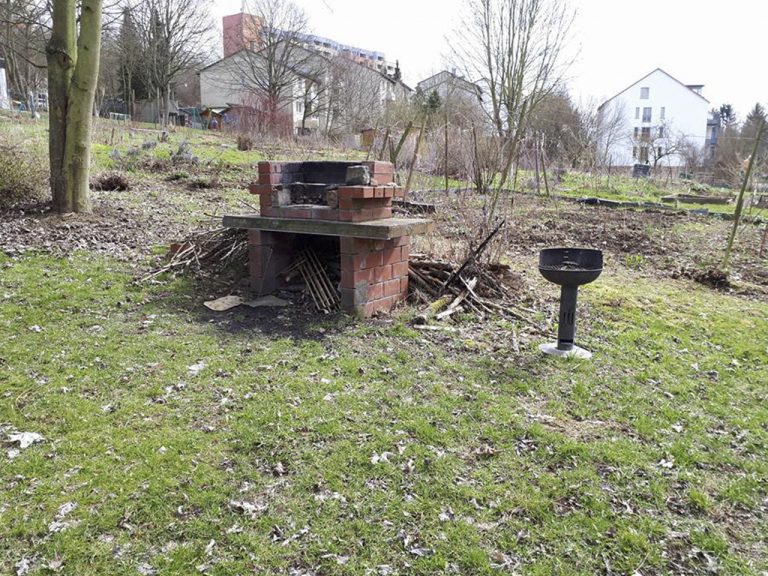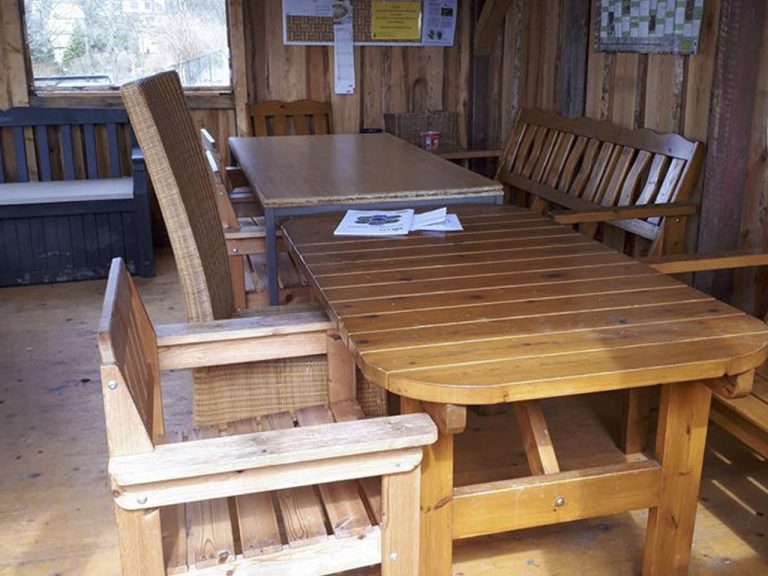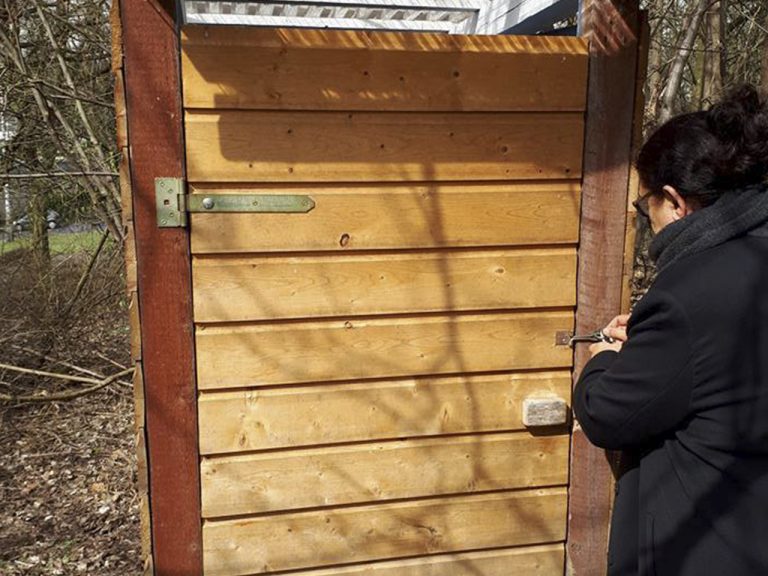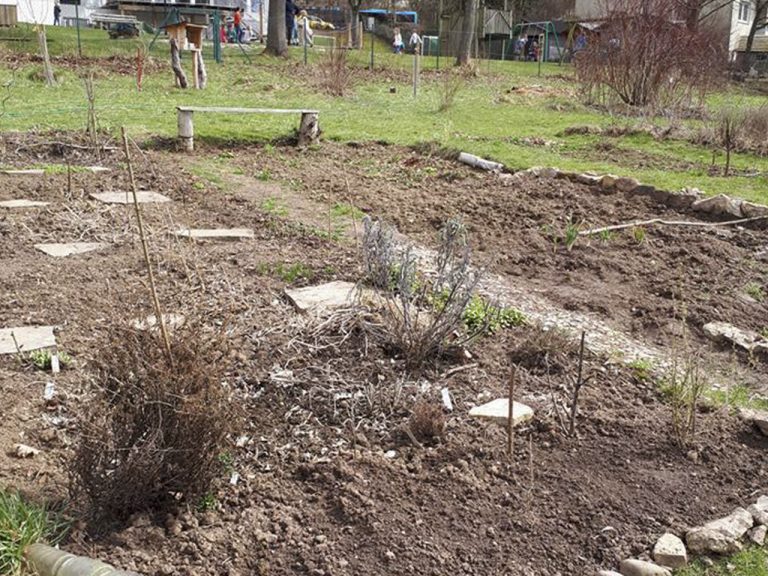The gardens facilitate interacting and establishing dialogue withan international community. The garden members in Göttingen adhere to 10 working principles which are:
1. The importance of experiences, learning and growing in community
2. Conscious diversity
3. Supporting self-esteem and confidence
4. Participation supports individuals and the community
5. Offering practical help
6. Establishing respectful relationships
7. Sharing and contributing
8. Crisis management
9. Building bridges between local people and refugees and migrants
10. A Holistic approach: Being a role model
The International Garden of Göttingen is in exchange with other intercultural gardening groups, the network organisation “anstiftung”, local and national non-profit organizations in Germany. As the organisation was the first international Garden in Germany, the project serves as a role model and inspiration for other projects. The project is frequently part of research projects and in the media.
The garden projects provide several learning opportunities: horticultural and environmental knowledge, constructing and crafting, language courses and intercultural exchange. Volunteers and the chairperson of the association explicitly state that within the garden project, each person in the association and in the garden is equal. They consider it important to be a learner and a teacher at the same time, as each person has skills and is resourceful. They further stress the importance of cultural exchanges and dignity. The meaning of the language is ambivalent. On the one hand, fluency in understanding is essential for social integration, but in garden language, this is not an obstacle. Members communicate with gestures, hands and feet, and some people act as translators. Gardening is a common language of the people.
Closeness, trust, conversation, community, and quick interpersonal help are important in the garden. People help each other during the gardening activities, but also support each other in personal stressful situations, such as losing a family member, struggles with children or any stressful life situation. In addition, the garden is seen as place for recreation and therapy, as well as an escape from the circumstances in the temporary home (constricted conditions, little privacy). This was and is of importance in the basic set up of the gardens, as well as for the garden of Welcome. In many cases, people deal with trauma and homesickness.
Besides of all the positive experiences and benefits, the members of the association face some challenges, for instance getting used to German bureaucracy, and administration. In addition, being open to each other and respecting diversity is not always easy in practice. Group decisions can take a long time and can be gruelling. However, they are essential to their work.
In general, the working principles shape the interaction, therefore, interpersonal problems and how to approach things are not seen as obstacles. Volunteers and chair people have a healthy, proactive attitude to challenges as well as to change. They acknowledge that as people change, the project and their activities change according to people’s needs.
Volunteer (former refugee, currently consultant for intercultural garden projects) considers their project as successful as their approach spreads first nationwide and then around the globe. As the key to success, she points out: “As I said before, patience and interest. I know several projects that have given up after a week because they haven’t had patience.” They thought: today they will meet the group, they plan everything and the group will do it all. That will not be successful. From the beginning, everybody needs to be involved. You need to listen to other opinions even if you do not share that opinion. We need to explain the reasons that this does not suit us, we do not have the money, and we have to wait, because this is more important to us, what is your opinion? Planning, and co-decision making, that is very important.”
In reflection the garden manager outlines that the strength of the group comes from inside the group. This reflects the personal level as well the work in the garden. During the years of work people may change, but the community remains. An example of the closeness and strength, is that when former or current members pass away, the bereaved receive social and emotional support from members of the association.
Due to their twenty years of experience and their personal background of refugees, the people in Goettingen, were aware of the various needs of refugees arriving in 2015. They were respectively able to respond to these needs.
The managers explained that only over time can a project with several gardens such as in Goettingengrow.
The growth takes place from inside the group. The people in Goettingen have a top to down approach that is not helpful in intercultural gardens.

 English
English  Deutsch
Deutsch  Español
Español  Svenska
Svenska 